The subject of Ben’s previous talk to the Club was about moths, this talk was to inform us of the work of the Sheffield and Rotherham Wildlife Trust.
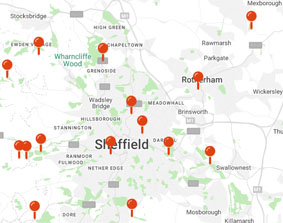
The Trust dates from 1985 an is one of 46 such Trusts in the UK. It is a largely city-based Trust looking after 16 Nature Reserves, 13 of which are open to the public. Acton Bog, Hammond’s Field and Agden Bog have restricted access. In 2023 the Trust bought Ughill Farm.
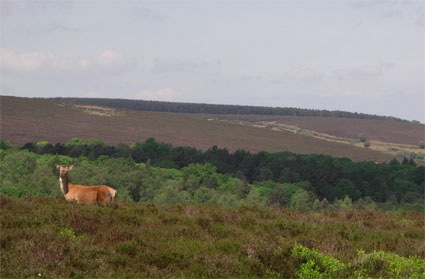
Blacka Moor is on the western edge of Sheffield and is the largest and most spectacular of the Trust’s nature reserves. It contains 181 hectares of impressive scenery and forms part of a much larger internationally important wild landscape- the Eastern Peak District Moors that has Site of Special Scientific Interest status. It has a gradual transition from woodland to open moor with several varieties of heather. It has the rare Bilberry Bumblebee and Red Deer can often be seen.
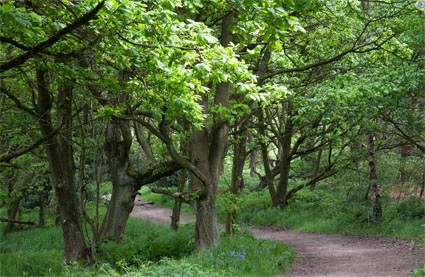
Greno Woods is an ancient woodland that was acquired by the Trust in 2012. The woodland had been changed by the planting of conifers in the 1950s and with a £1m grant some of the pine has been felled to open up the ground to encourage the Common Cow-wheat plants, the Northern Hairy Wood Ants and Night Jars. Together with the adjacent Wharncliffe and Wheata Woods constitute the largest area of woodland with high biodiversity value in Yorkshire.
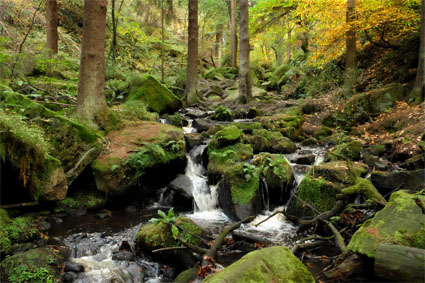
Wyming Brook and Fox Hagg are managed as one. The former has received a Green Flag Award and is a popular location for film crews looking for an attractive babbling brook. The adjacent Fox Hagg used to be a holly hagg producing winter fodder for sheep and cattle. There is an abundance of wildlife including brown trout, water shrews, white claw crayfish in the brook and many bird species including Willow Tits.
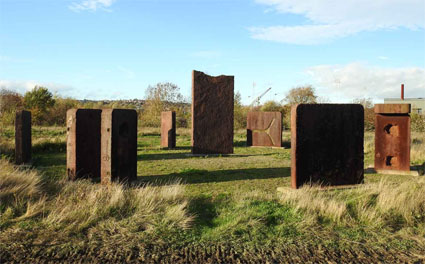
Centenary Riverside is a wetland reserve in Rotherham on the site of a large steel foundry that closed in 1993. In 2009 the Trust took it over to develop its wildflower meadow that attracts a large range of birds, mammals and insects.
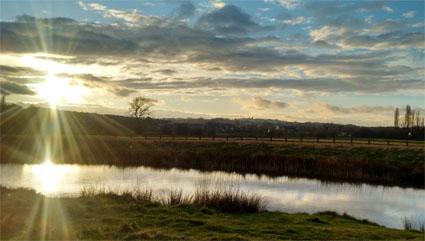
Woodhouse Washlands is a mix of grassland, scrub and marsh by the River Rother. Besides greater crested newts there are around 60 species of birds including spoonbills.
The Trust’s ambition is that 30% of the land and water in the area should be great for nature. 1 in 4 people should take action to benefit nature. Everybody shall be no more than 5 minutes away from nature.
The acquisition of Ughill Farm is to develop farming methods for the benefit of wildlife, to develop managed tree planting and manage wetlands.
The Trust relies hugely on a large volunteer workforce and on public donations.
